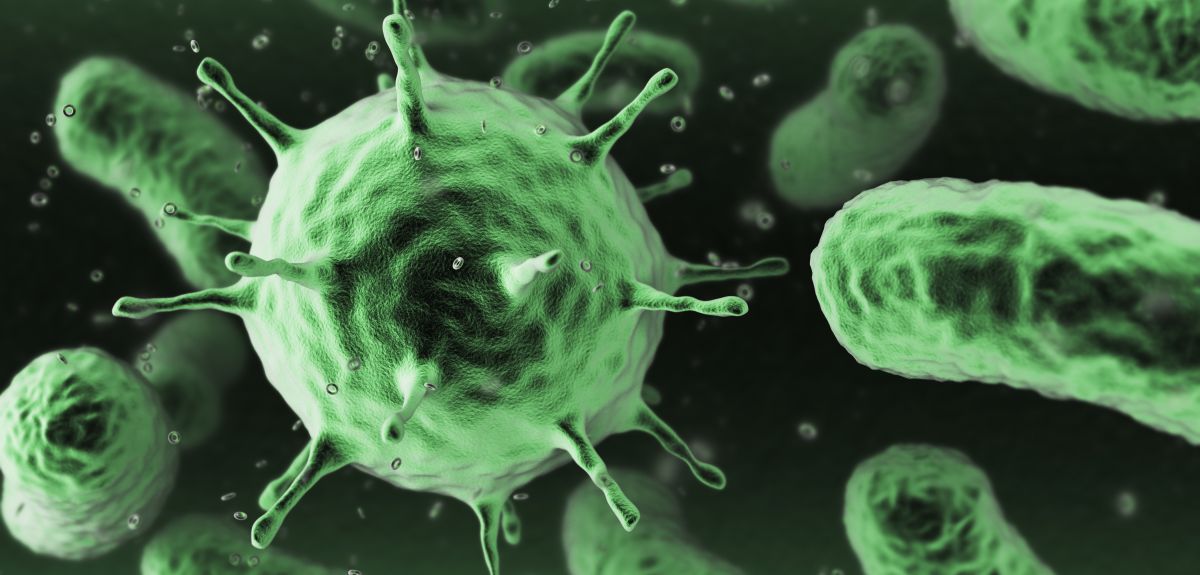
Image credit: Shutterstock
Humans use 'sticky molecules' to hang on to good bacteria in the gut
Scientists have long known that our bodies need to control the communities of bacteria in the gut to prevent a beneficial environment from turning into a dangerous one. What hasn't been known is how we do this.
Now, Oxford University researchers have proposed a clever solution to the problem: make good bacteria sticky so they don't get lost. The key to this is for a host to target good bacteria over bad ones – potentially via the immune system, which produces highly-specific adhesive molecules called immunoglobulins (specifically 'IgA') that coat the bacteria in the gut.
The research is published in the journal Cell Host and Microbe.
Co-lead author Kirstie McLoughlin, of the Department of Zoology at Oxford University, said: 'We carry with us vast communities of bacteria that live on us and inside us, particularly in our intestines. These bacteria perform many functions for us, such as breaking down our food, helping our immune system develop, and protecting us from pathogenic bacteria. These are what are often known as the "good" bacteria: a diverse set of beneficial species that improve our health and wellbeing.'
These bacteria perform many important functions for us, and if the wrong species take hold inside us the results can be dramatic. An upset stomach is a common result of a pathogen such as Salmonella taking hold, but there are also many other effects of having undesirable bacterial species in the gut. These include chronic inflammatory bowel diseases such as Crohn's disease or ulcerative colitis, and an increased risk of conditions such as heart disease and diabetes. There has also been some suggestion that the microbiota contributes to some psychological disorders.
Discussing the latest study, co-lead author Jonas Schluter of Memorial Sloan Kettering Cancer Center – who has carried out previous work on the 'stickiness' of bacteria – said: 'Our gut is lined with our own epithelial cells, and we use these to secrete all kinds of compounds into the gut. That is, we don't just absorb nutrients from our gut, we release a lot of things back in. This includes mucus, which can be modified so that it sticks to particular bacteria and also antibodies – one of the key tools of the immune system.
'In particular, a class of antibody called IgA (immunoglobulin A) is released into the gut in large quantities. This is a sticky molecule that comes in a vast number of forms where each one can preferentially target a particular strain or species of bacteria. By using things like mucus and IgA, therefore, humans have the ability to make certain bacteria sticky. We are proposing that this can be used to hold them close to the epithelial surface in the gut.'
Senior author Professor Kevin Foster of Oxford University added: 'Our study is based on a computational model of the gut and the key next step is a direct empirical test of our idea. However, as we discuss in our study, existing data do support our idea that stickiness may be a simple and powerful way to control the bacteria that we carry with us.'